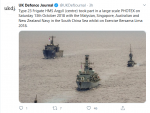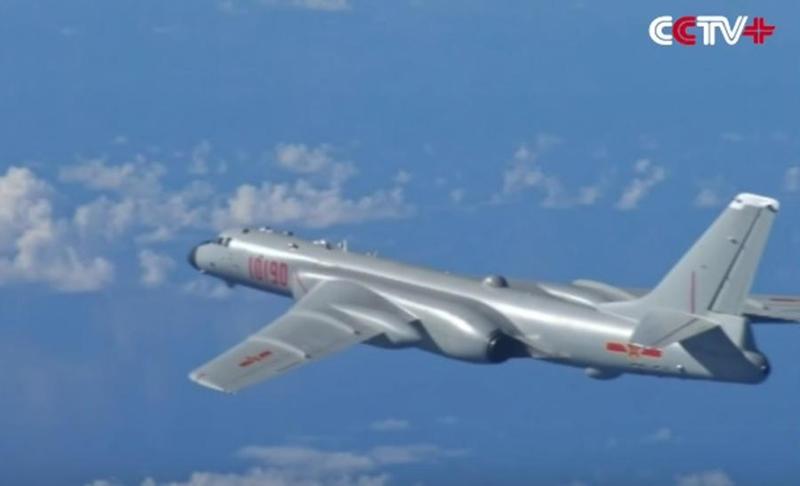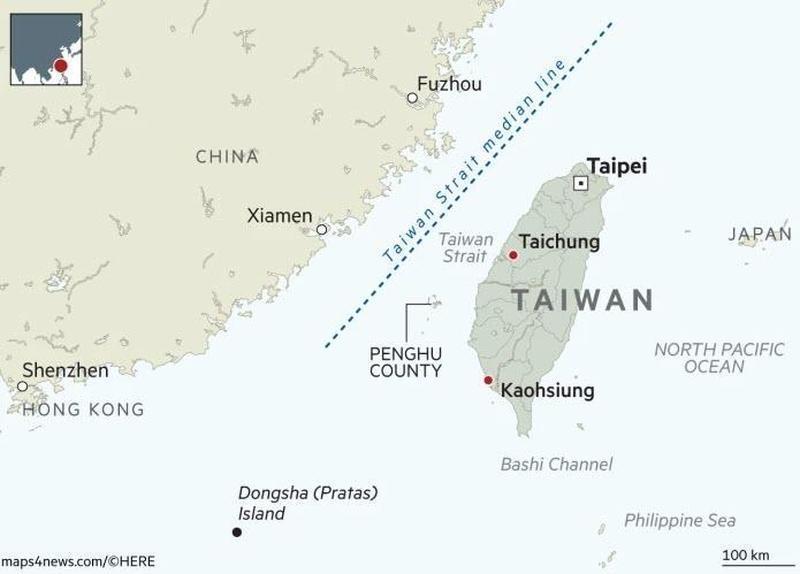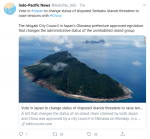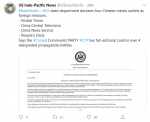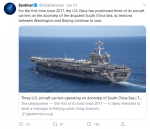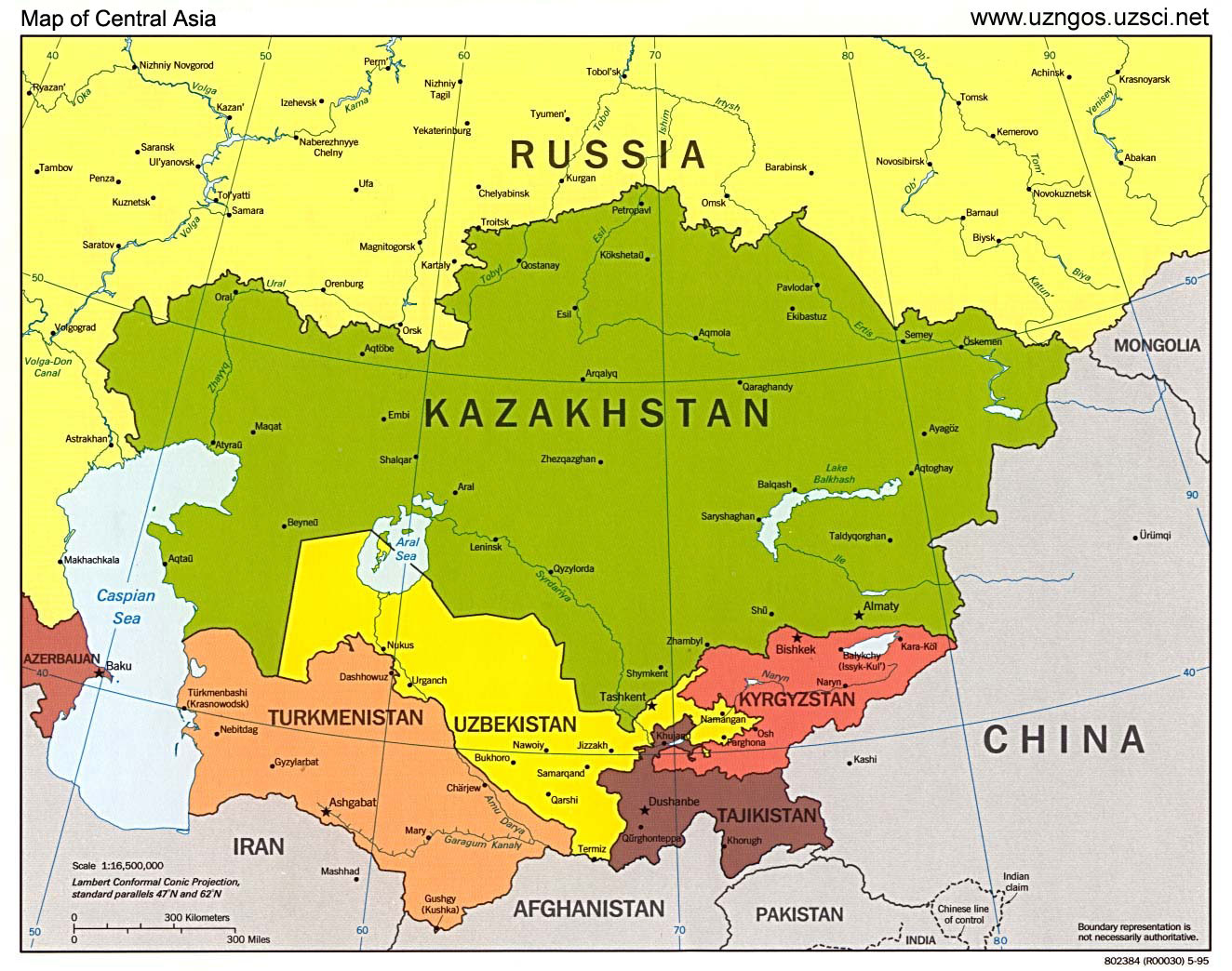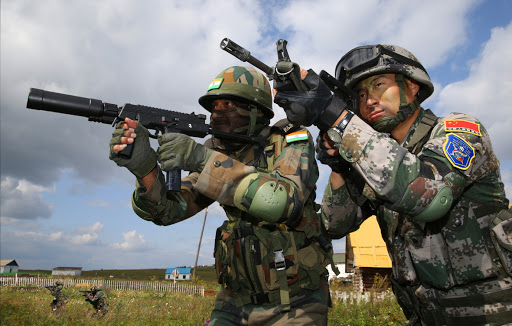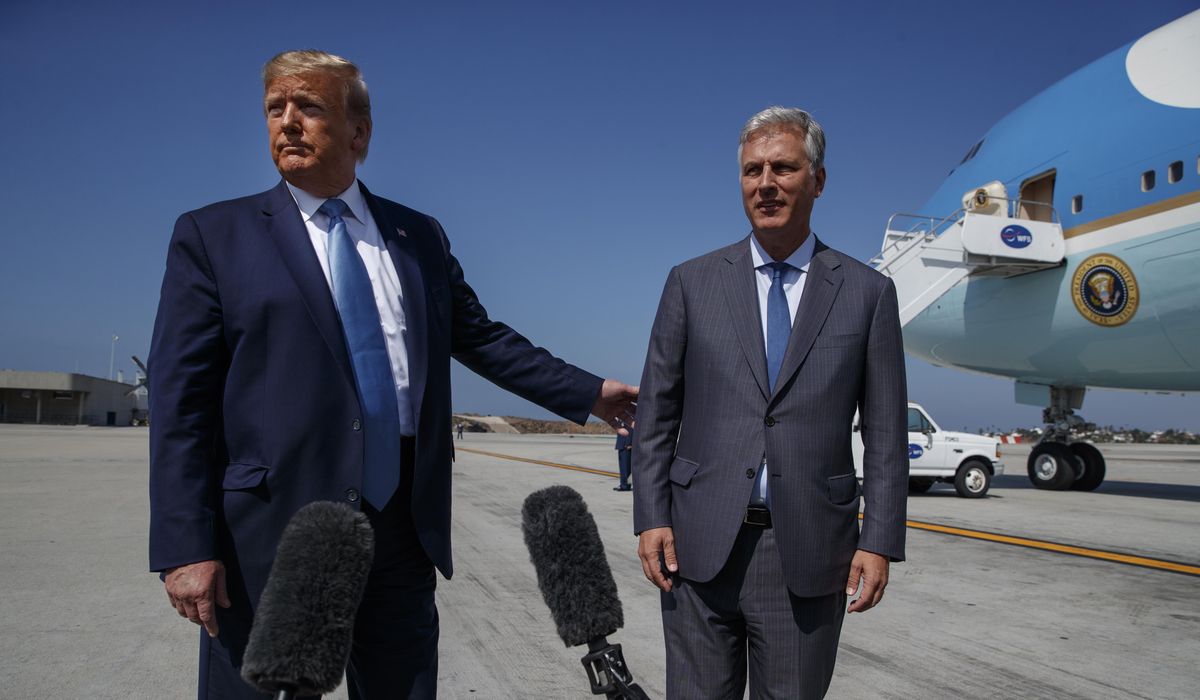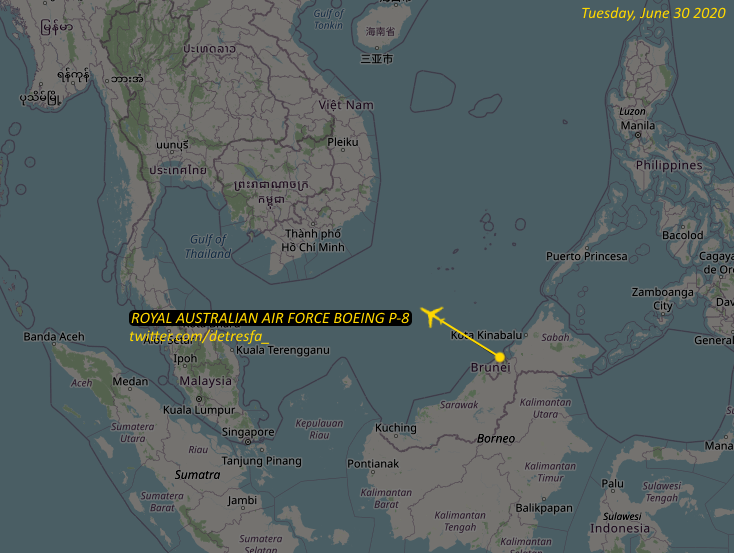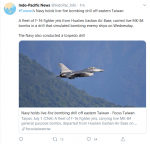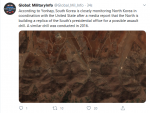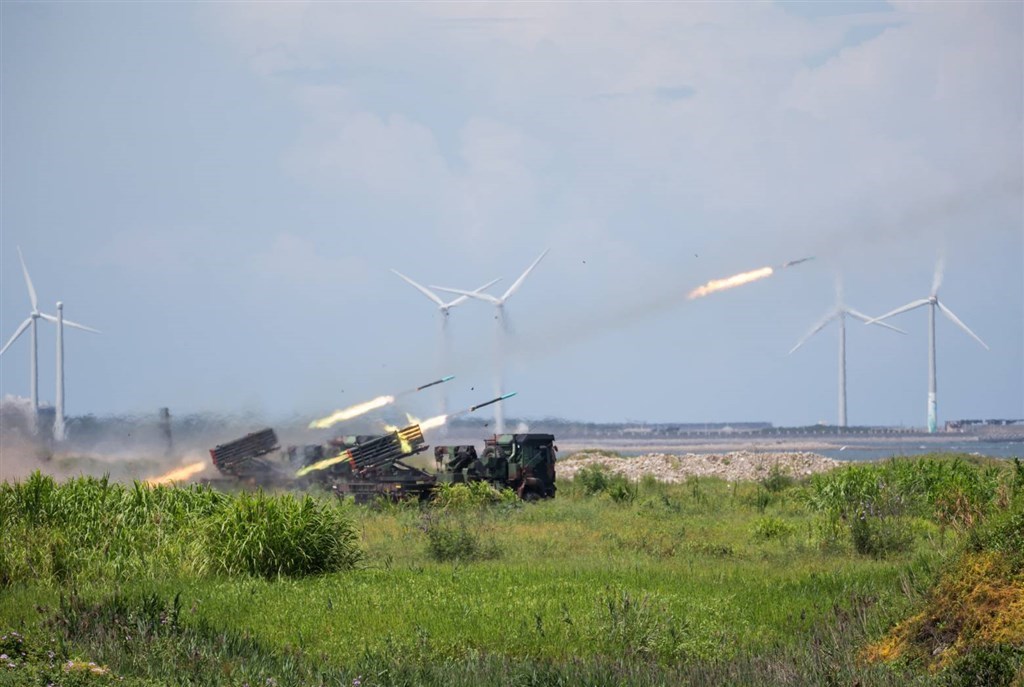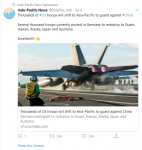Trump's national security adviser lays out stinging critique of threat posed by China
Past U.S. policy failures helped regime thrive, Trump aide says
By
Bill Gertz - The Washington Times - Wednesday, June 24, 2020
PHOENIX |
Decades of coaxing China’s rulers into moderating the communist system backfired and instead have produced the “greatest failure of American foreign policy since the 1930s,” President Trump’s top security aide argued in a major policy address Wednesday.
White House National Security Adviser Robert C. O’Brien said the failure was the result of misunderstanding the nature of the Marxist-Leninist system that guides China’s rulers to this day.
The Trump administration has begun reversing past policies toward Beijing that it says ignored massive theft of data and technology and abuse of conciliatory American trade and other policies, he said.
“The days of American passivity and naivete regarding the People’s Republic of China are over,” he told a group of business executives at the Arizona Commerce Authority, in a speech introduced by Arizona Republican Gov. Doug Ducey.
The lengthy critique is the first in a series of speeches planned by senior U.S. officials laying out in greater detail what they say is the threat posed by
China. Others will be given by Secretary of State Michael Pompeo, Attorney General Bill Barr and FBI Director Christopher Wray.
Mr. O’Brien argued Wednesday that Mr. Trump’s tougher approach has led the way for the United States to finally realize the dangers posed by the
China under complete control of the Chinese Communist Party (CCP). “For decades, conventional wisdom in both U.S. political parties, the business community, academia, and media, held that it was only a matter of time before
China would become more liberal, first economically and, then, politically,” Mr. O’Brien said.
Helping
China by opening U.S. markets, investing capital in
China, training engineers, scientists and even military officers was based on a hope that “
China would become like us,” he said.
Under the old approach,
China gained entry to the World Trade Organization that brought major concessions and trade benefits. At the same time, the U.S. leaders played down massive human rights abuses in
China, including the 1989 Tiananmen massacre when Chinese troops suppressed unarmed pro-democracy protesters, killing hundreds.
“We turned a blind eye to
China’s widespread technology theft that eviscerated entire sectors of the American economy,” Mr. O’Brien said.
Assisting
China to grow richer and stronger was aimed at pressing the
Communist Party to liberalize and fulfill the growing democratic aspirations of the Chinese people.
“This was a bold, quintessentially American idea, born of our innate optimism and of the experience of our triumph over Soviet Communism. It also turned out to be naive,” he said. “We could not have been more wrong — and this miscalculation is the greatest failure of American foreign policy since the 1930s.”
To counter Chinese communism, the Trump administration is promoting diversity of thought and pushing back against all efforts to control speech or promote self-censorship, while sheltering Americans’ personal data and continuing to “proclaim that all women and men deserve life, liberty, and the pursuit of happiness,” Mr. O’Brien said.
Campaign issue
The hard-line speech comes as the question of how to confront a more assertive
China is expected to be a major presidential campaign issue. Both President Trump and presumed Democratic presidential candidate Joseph R. Biden are expected to make U.S. policy toward
China a major campaign theme.
Mr. O’Brien outlined several major changes in U.S. policy toward
China carried out under Mr. Trump, including sanctioning companies like telecommunications giant Huawei Technologies and imposing restrictions on the company to prevent U.S. semiconductors from assisting Chinese electronic spying.
The State Department has designated nine Chinese state-controlled media outlets as propaganda outlets in a bid to limit influence operations. Sanctions also were imposed on 21 Chinese government agencies and 16 companies for what U.S. officials say was their role in repression of Uighurs and other minorities in
China.
The Trump administration has also pulled out of the United Nations Human Rights Council to protest Chinese efforts to co-opt the council, and terminated U.S. support to the U.N. World Health Organization, also citing its failure to confront
Beijing.
To limit the Chinese military from benefiting from the U.S. education, visas are being refused for Chinese military students who are suspected of seeking to steal U.S. technology. The administration also pushed to halt the investment of federal employee retirement funds in Chinese companies, including military contractors and manufactures of surveillance equipment.
The president “is also examining the opaque accounting practices of Chinese companies listed on U.S. stock exchanges,” Mr. O’Brien said.
The Pentagon will submit to Congress this week a list of companies and operations in the United States with links to
China’s People’s Liberation Army (PLA), in a bid to inform Americans about Chinese military firms.
“These steps are just the start as America corrects 40 years of a one-sided, unfair relationship with
China that has severely affected our nation’s economic and, recently, political well-being. There is more to come soon,” Mr. O’Brien said.
On Chinese communism, the national security adviser said past policy failures were a direct result of misunderstanding the nature of the
Communist Party and its ideology, which he described as a combination of Marxism-Leninism and coopted Chinese nationalism.
“Instead of listening to what CCP leaders said and reading what they wrote in their key documents, we closed our ears and our eyes,” Mr. O’Brien said. “We believed what we wanted to believe — that the party members were communist in name only.”
Mr. O’Brien charged that President Xi Jinping, the CCP general secretary and head of the Central Military Commission, “sees himself as Josef Stalin’s successor.”
Mr. O’Brien said the CCP is the among the last communist parties to embrace the Soviet dictator, with the partial exception of North Korean regime. Stalin remains a revered figure in
China and his statue is in the PLA’s museum in
Beijing.
“As interpreted and practiced by Lenin, Stalin, and Mao, communism is a totalitarian ideology,” Mr. O’Brien said.
Outdated communist ideas originated in Europe 150 years ago and were rejected in Russia 30 years ago as “the most costly failed political experiment in history,” Mr. O’Brien said.
“But in
China, these ideas remain as fundamental to the Chinese Communist Party as the Constitution and the Bill of Rights are to Americans,” he said.
‘Ideological security’
The party in
China is using propaganda to dominate political thought through aggressive policies, including what is called “ideological security,” the White House adviser added.
In April 2013, the CCP issued a new policy on ideological purity that called for “absolutely no opportunity or outlets for incorrect thinking or viewpoints to spread.” Mandatory study sessions are widespread and using modern technology require Chinese to study “Xi Jinping thought” on smartphone apps.
“It means complete state control of all media,” Mr. O’Brien said.
“Outside sources of information are banned—from foreign newspapers to Twitter, Facebook, and WhatsApp.”
Censorship within
China is ubiquitous and citizen bloggers, reporters, lawyers, activists and religious believers are imprisoned for expressing views that go against the CCP.
Between January and April, nearly 500 people were charged with crimes for speaking out on the “Wuhan/COVID virus, its effects and the party’s cover-up of the disease,” the security adviser said.
On religious institutions, the party reinterprets texts such as the Bible to support communist ideology. Over 1 million Muslim Uighurs and other minorities currently are imprisoned in “reeducation” camps where they are forced to undergo political indoctrination and force labor.
“This process annihilates family, religion, culture, language, and heritage,” Mr. O’Brien said.
Americans need to be concerned since Mr. Xi is seeking ideological control beyond
China’s borders, Mr. O’Brien contended, in a push to “remake the world according to the CCP.”
The outreach is well advanced and Chinese leaders have invested billions of dollars over the past decade in overseas propaganda designed to “eliminate ‘unfriendly’ Chinese media outlets worldwide.
Mr. O’Brien said the effort is close to succeeding, as nearly every Chines- language news outlet in the United States is either owned or works closely with the government in
Beijing, and English-language media outlets are being targeted.
“More than a dozen American cities hear subtle pro-
Beijing propaganda on their FM radio stations,” he claimed.
In one case in Maryland, “Chinese propaganda persuaded so many Americans that a U.S. solider brought the coronavirus to Wuhan — a complete fabrication by the CCP — that this soldier and her family needed a personal security detail to protect them from death threats,” he said.
The widely-used Chinese social media platform TikTok, which boasts 40 million American users, routinely removes accounts of members who criticize the
Communist Party leadership.
Twitter announced last week that more than 23,000 CCP-linked accounts were removed for spreading propaganda on Hong Kong democracy protests and COVID-19. Earlier, more than 150,000 CCP-related accounts were removed for reportedly spreading anti-American disinformation and for creating the illusion of popular American support for
Beijing’s policies.
“These are just the accounts Twitter caught. How many are still out there undetected?” Mr. O’Brien asked.
Hack attacks
China is preparing further controls in the United States through massive data theft, Mr. O’Brien said, including cyberattacks to gather personal and other data on tens of millions of Americans. Companies such as health insurer Anthem, credit company Equifax, and hotel chain Marriott have all suffered major data hacks from
China.
“How will the Chinese Communist Party use this data? In the same way it uses data within
China’s borders: to target, flatter, cajole, influence, coerce, and even blackmail individuals to say and do things that serve the party’s interests,” Mr. O’Brien said, adding that the activities are “micro-targeting beyond an advertiser’s wildest dreams.”
The CCP is also using trade as a political tool to “coerce compliance with its dictates,” Mr. O’Brien said.
Australia invoked
Beijing’s wrath after calling for an investigation into the origin of the coronavirus outbreak that first emerged in
China.
Beijing responded by threatening to halt purchases of Australian agricultural products and to prevent Chinese students and tourists from going to the country.
As part of its global strategy,
China has stepped up its campaign for more influence in key international organizations. CCP-linked officials now are in charge of four of 15 U.N. specialized agencies, more than the United States, Britain, France and Russia combined.
Beijing is accused of using its influence to shield itself from scrutiny in international forums. Critics say WHO head Tedros Adhanom Ghebreyesus refrained from criticizing
Beijing’s response to the coronavirus outbreak for fear of angering Chinese leaders.
Mr. O’Brien said the new direction in U.S.
China policy makes a clear distinction between the ruling
Communist Party and the Chinese people.
“We want good relations with
China but not on the terms currently on offer from
Beijing,” he said. “As Americans, I am certain that we will rise to successfully meet the challenge presented by the Chinese Communist Party, just as we have responded to all the great crises over our history.”
Decades of coaxing China’s rulers into moderating the communist system backfired and instead have produced the “greatest failure of American foreign policy since the 1930s,” President Trump’s top security aide argued in a major policy address Wednesday.

www.washingtontimes.com



